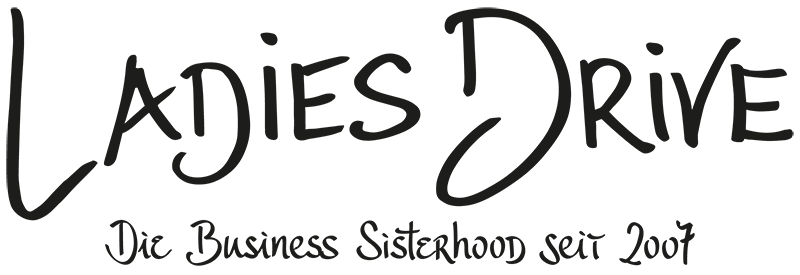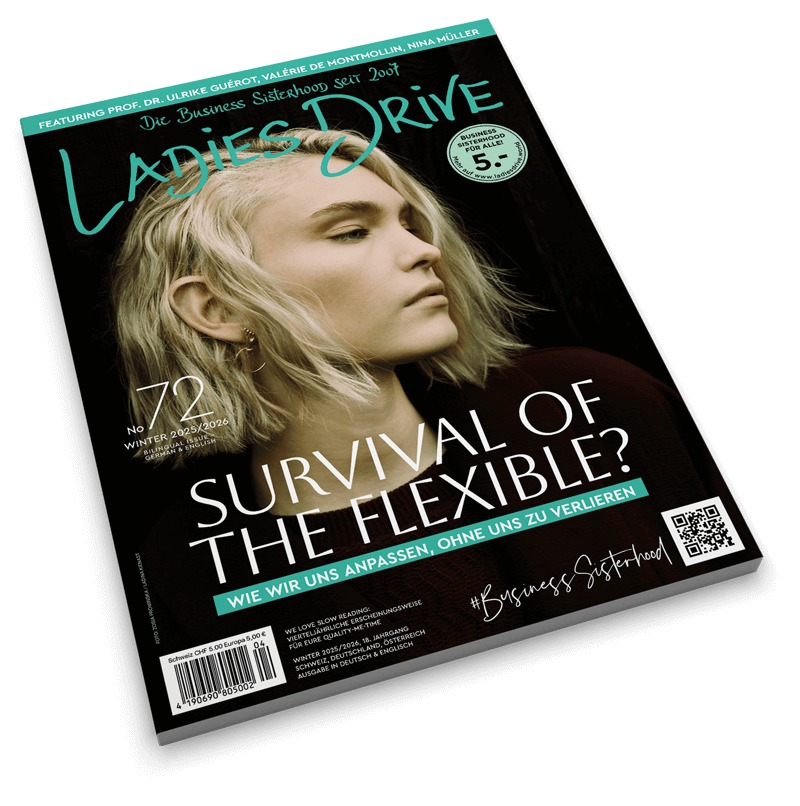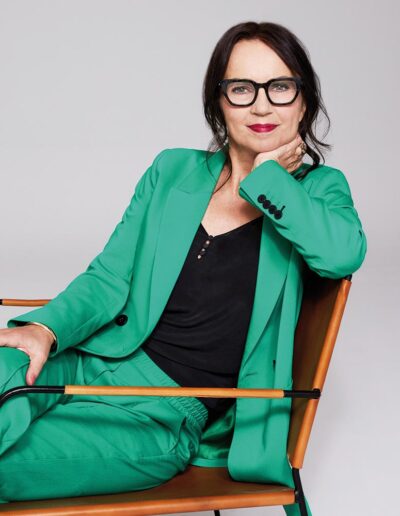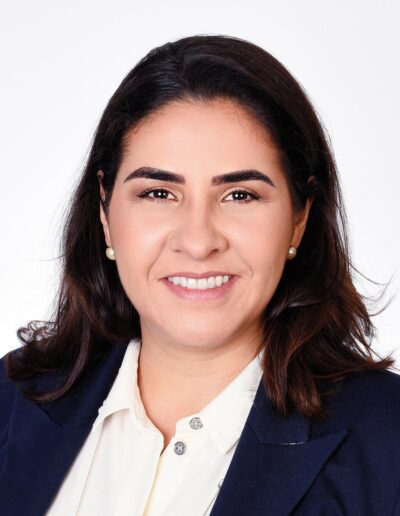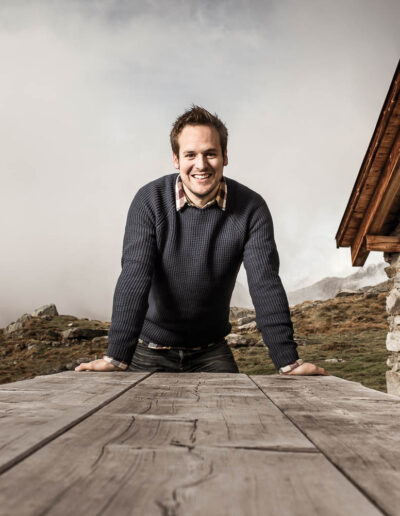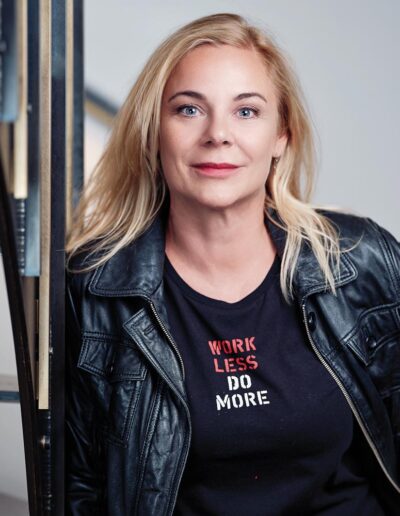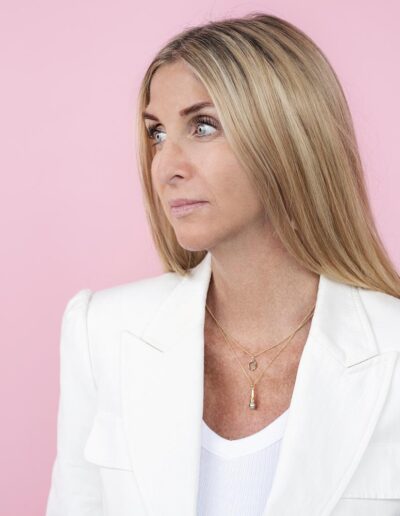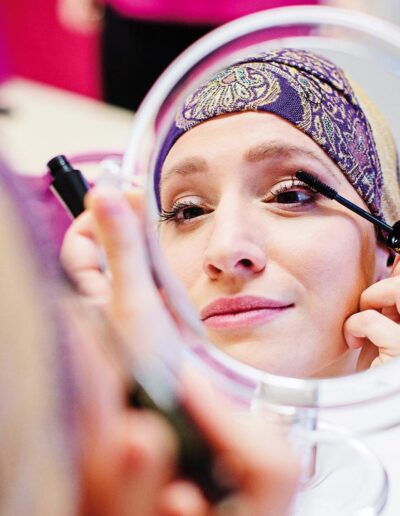Patricia M. Montesinos is an entrepreneur, a business angel, an active start-up coach, and a jury member for the Swiss Start-up ecosystem. As the main initiator and president of FE+MALE Think Thank, she supports organisations to foster female entrepreneurship. Patricia obtained her professional degree in Social and Cultural Integration and an Executive Masters in Commercial and Marketing Management before she graduated with an MBA in Entrepreneurship. She started her career as a Sales Director in a ladies’ footwear company, followed by roles as Commercial Director in an important organisation in the publishing sector in Madrid and later as Chief Administrator Officer in an architecture firm in Copenhagen.
Ladies Drive: Patricia, M. Montesinos, do you remember your first experience with entrepreneurship?
Patricia M. Montesinos: It is in my family’s DNA to be an entrepreneur and start businesses. For me, the moment was right after 12 + years of experience in the publishing and fashion business, when my husband and I moved to Denmark and I had to reinvent myself. I saw an opportunity to support companies to go international, I had the experience, the skills, the network, and I did it.
You published the book “Female Entrepreneurs and Investors, we dare but we don’t match” by Amazon. What attracted you to write about this subject?
I have been interacting with female entrepreneurship for a few years now, and I have had the opportunity to experiment from different angles: as an entrepreneur, coach, investor, or author. All this led me to want to investigate and deepen my understanding about the barriers that women entrepreneurs face. Many of the entrepreneurs I interviewed perceived that the behaviour of an investor is different according to the entrepreneur’s gender; in other words, stereotypes and bias affect the investor’s decision whether to invest or not in a business.
As the main Initiator & President of FE+MALE Think Tank, you collaborate with many stakeholders’ strategic partnerships. What motivated you to start this organisation?
When I arrived in Zurich, I could not stop thinking about my experience and interest in the topic and wanted to support women entrepreneurs. I started to conceptualise a non-profit organisation and met with very interesting individuals that reinforced my belief that supporting women entrepreneurs is a great purpose and a real need in Switzerland. Later, with a group of advocates and with the current FE+MALE Think Tank team of cofounders and members, we established the Think Tank.
And what is the main objective?
The organisation aims to increase the participation of female entrepreneurs in the economic growth of Switzerland. As a Think Tank, we want to be a forum, a safe space where best practices can be shared, we want to raise voices; more importantly, what brings the magic to the Think Tank is our strong data-driven approach. In this cycle of transferring research into tangible solutions, we develop frames, products, and services for the benefit of female entrepreneurs. Along the journey, we cooperate with many stakeholders, from universities to government, corporates and investors, foundations and influential individuals.
One of the projects is “the inclusive way initiative”, supported by the Berne Economic Development Agency. What is the purpose, and why do we need this?
Inspired by the BFH Wirtschaft (BFH) Study, “For More Women Founders in Switzerland: Starting Points for Improving the Framework Conditions Relevant to Founding a Business”, the Inclusive Way Initiative has the purpose to raise awareness of the challenges faced by female entrepreneurs and increase the number of female entrepreneurs. The project covers topics such as financial instruments for social business, entrepreneurial education, stereotypes and family-work balance. The Think Tank will publish a Final Report to be shared with decision-makers and leaders and will hold a Public Forum in November 2023 at the University of Berne.
A second initiative is the “Beat Funding Bias Initiative (BFBI)”, supported by the Gebert Rüf Stiftung. What do you do there, and what is the aim?
Female entrepreneurs get less funding than their male counterparts by investors (males and females) in the start-up funding and that may be due to a process of unconscious bias. When I ask investors if they agree with that, and if they behave differently depending on the gender of the founder, the common answer is no, they say they do not make any distinction. But reality is stubborn, data shows there is a disproportional gap in funding that goes to female entrepreneurs. Just 2.8% goes to female entrepreneurs in Europe.
Any insight how deeply this is rooted?
I interviewed Dr Dana Kanze, from Columbia Business School, co-author of “We Ask Men to Win and Women Not to Lose, Closing the Gender Gap in Start-up Funding”. In the research, she proposed that the gap may originate in the questions that investors pose to entrepreneurs and that may affect female funders’ funding outcomes. This may be due to deeply rooted gender stereotypes and unconscious bias. So, “The Beat Funding Bias” consists of solutions that aim to raise awareness among entrepreneurs and investors to support them to better overcome biased approaches. We offer investors the use of tools, for example in the form of a self-assessment, that allows them to identify potential bias and we offer entrepreneurs specific training to detect biased questions.
Astonishingly, women are better represented in top academic positions in male-dominated subjects. Can you derive something for start-ups from this?
While statistics point out that in academia almost 60% of students are women, statistics show a different picture in the start-up ecosystem where the number of females founding start-ups is just 7.2%. Since there are so few women in the start-up ecosystem, the representation of top levels is also smaller.
Which topics are currently most interesting for female entrepreneurs, and do they match what start-ups now pick up a business idea and investors consider worth to invest?
According to the GEM report (21/22) globally, women represent about one in three high-growth entrepreneurs and one in three innovation entrepreneurs focused on national and international markets. However, almost half of women entrepreneurs worldwide are involved in the Wholesale/Retail sector and one in five women entrepreneurs in the Government and Social Services sector (18.5% women versus 10.1% men). And the major opportunity that is being exploited by investors in the developed world is investing in high-growth sectors, where there is a gap in lower-growth industries where women undertake the most. Consequently, only 3% of venture capital goes to female CEOs / entrepreneurs.
Do you see any progress?
From the female founders’ perspective, I think there is a trend in starting social businesses and there is also huge interest in the circular economy. The good news is that more investors are investing under the gender lens. Also in Switzerland, there are more investors focused on social businesses and interested in supporting women entrepreneurs.
The theme of this issue is wisdom in times of turbulence. Do companies need to change in times of transformation? What is your experience?
In an ever-changing reality, standing still is not an option. However, companies may consider to what degree they want or can transform their business models, ways of working, or technologies. In my experience resilience is one of the keys for companies to navigate uncertain times and a common denominator in successful enterprises together with fostering a culture of entrepreneurial-minded employees to turn challenges into opportunities; in my view, it is important to maintain the core business while learning how to seek growth efficiently in uncomfortable environments.
Wise ending – thank you very much for sharing your thoughts with us, Patricia!
Dr Carole Ackermann
is CEO and co-founder of the company Diamondscull AG, which invests in Start-up companies. She is President of EHL Group (founded as Ecole hôtelière de Lausanne), the global reference in hospitality education, a member of the Board of Directors of Allianz Switzerland, BKW, BNP Paribas Suisse, and BVZ Holding, is involved in the Board of the Bernese innovation agency be-advanced and is a Senior Lecturer at the HSG and other universities.
